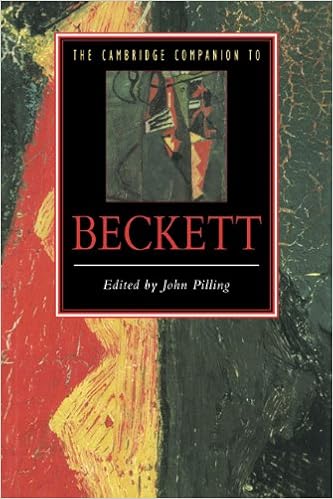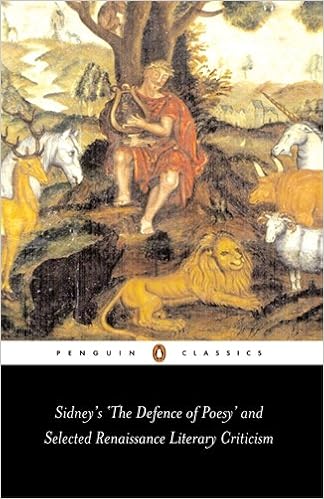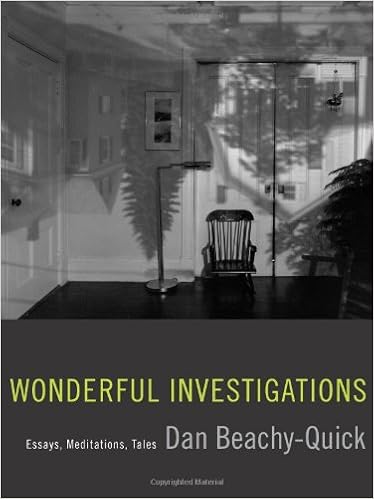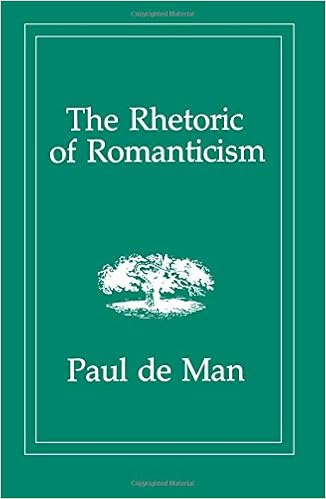By E. L. Doctorow
ISBN-10: 0307483398
ISBN-13: 9780307483393
E. L. Doctorow is acclaimed the world over for such novels as Ragtime, Billy Bathgate, and The March. Now listed here are Doctorow’s wealthy, revelatory essays at the nature of creative idea. In Creationists, Doctorow considers creativity in its many types: from the literary (Melville and Mark Twain) to the comedian (Harpo Marx) to the cosmic (Genesis and Einstein). As he wrestles with the themes that experience teased and fired his personal mind's eye, Doctorow affirms the concept “we understand by way of what we create.”
Just what's Melville doing in Moby-Dick? and the way did The Adventures of Tom Sawyer impel Mark Twain to noticeably rewrite what we all know as Huckleberry Finn? do we ever belief what novelists say approximately their very own paintings? How may well Franz Kafka have written a e-book known as Amerika with out ever leaving Europe? In posing such questions, Doctorow grapples with literary production now not as a critic or as a scholar–but as one operating author frankly considering the paintings of one other. It’s a viewpoint that presents him either protean grace and profound perception.
Among the essays amassed listed here are Doctorow’s musings at the very assorted Spanish Civil conflict novels of Ernest Hemingway and André Malraux; a candid overview of Edgar Allan Poe as our “greatest undesirable writer”; a bracing research of the tale of Genesis during which God figures because the most intricate and riveting personality. even if he's contemplating how Harpo Marx opened our eyes to surrealism, the haunting photographs with which the past due German author W. G. Sebald illustrated his texts, or the strategies of such literary icons as Heinrich von Kleist, Harriet Beecher Stowe, and Sinclair Lewis, Doctorow is unfailingly beneficiant, sensible, attentive, fantastic, and precise.
In studying the artistic works of other instances and disciplines, Doctorow additionally unearths the resource and nature of his personal artistry. wealthy in aphorism and anecdote, steeped in historical past and psychology, knowledgeable through a life of examining and writing, Creationists opens a powerful window into one of many nice artistic minds of our time.
Reviews:
From Publishers Weekly
In sixteen essays tailored from stories, publication introductions and public lectures, Doctorow explores the subject of literary and clinical production, contemplating how creators form, and are formed by means of, the tradition that surrounds them. many of the essays concentrate on American writers: Doctorow incisively considers the "American consciousness" of Edgar Allan Poe, laments the paradoxical racism of Uncle Tom's Cabin, revels within the Shakespearean riffs of Herman Melville's Moby-Dick and pinpoints the "conflicting visions of an analogous past" in Mark Twain's The Adventures of Tom Sawyer and Huckleberry Finn. Doctorow usefully contrasts Ernest Hemingway's exceedingly American therapy of the Spanish Civil warfare in For Whom the Bell Tolls with that of his French modern André Malraux, and he commends Arthur Miller's ethical seriousness. Ranging outdoor of literature, Doctorow praises the comedian genius of his formative years idol, Harpo Marx, tracing his anarchic clowning to a early life of poverty spent outwitting the city forces arrayed opposed to him. He examines soberly the nationwide and institutional weather within which the atom bomb's creators have been immersed: the bomb's "components have been both uranium isotopes or plutonium... and a dread of the malignant war-machined sociopathy of Adolf Hitler." Brilliantly written, Doctorow's cultural and literary research abounds in acute literary characterizations and mordant observations. (Sept. 19)
From Bookmarks Magazine
The brevity of those essays doesn't hinder E. L. Doctorow (Ragtime; The March, ****1/2 choice Nov/Dec 2005) from writing with power and depth, even though it does sometimes make it demanding to consider deeply engaged by way of the fabric. Doctorow treats his fellow authors with uniform recognize, one of many ways in which he differs from writers who concentration extra on literary feedback. His process is often either analytic and private as he discusses the methods every one construction is assembled and explores his personal connections with it. Written in actual fact and with ardour, this assortment will please either informal readers and people who proportion Doctorow's deep and abiding love for nice creations and fascination with their creators.
From Booklist
Doctorow follows his resounding novel, The March (2005), Booklist's best of the record, along with his 3rd illuminating essay assortment. The "creationists" are those that create, together with the Marx Brothers and Einstein, even if Doctorow's basic concentration is on writers who remember the fact that "the tale is a process of knowledge." A profoundly literary and ethical philosopher, and a grasp of arresting metaphors and photographs, Doctorow is as dynamic and discerning a reader as he's a author, no matter if he's supplying a fluent exegesis of Genesis or clean and provoking inquiries into the foundational works of yank literature, certainly, of the yank sense of right and wrong. His candid tackle Edgar Allen Poe is exhilarating; his meticulous analyses of Uncle Tom's Cabin and Huckleberry Finn are a ways achieving; his parsing of Moby-Dick is incredible in notion and lovely in execution. "Wars call for novels" is the hole salvo in a bracing dialogue that increases provocative questions about how the tale of the Iraq conflict could be informed. regardless of the topic, Doctorow's abiding humanism rekindles and sharpens our notion of creativity. How darkish and menacing the realm will be with no the fires of the mind's eye, the beacons of literature. Donna Seaman















